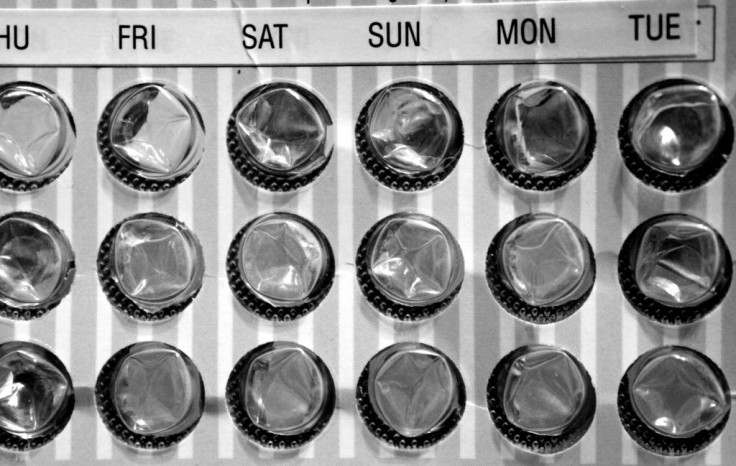From Endometriosis To PCOS, 8 Medical Conditions Frequently Treated By Birth Control

Many women at some point in their lives will be prescribed birth control, but this may not be for the reasons you think. Birth control is the most popular form of contraceptive among women — out of the 62 percent of women who use contraception, 28 percent, or 10.6 million use birth control. But many who are given the pill are prescribed it for reasons other than preventing pregnancy, including a vast array of conditions unrelated to contraception.
According to the American Society for Reproductive Medicine, birth control pills consist of two synthetic ovarian hormones: progesterone and estradiol. Some birth control pills may contain progesterone only, but those pills are used in cases when women do not want to take estrogen. Dr. Tracy Hicks, of Richmond OB-GYN, Bon Secours told Medical Daily that when taking birth control, the pill runs the show, keeping your cycle in check. “It basically inhibits ovulation, so your ovaries are not releasing eggs, she says. “It overruns the brain and inhibits the brain from giving the message to the ovaries to start ovulation. So anything about your period is completely controlled by the birth control.”
To find out more about the many medical applications of birth control, click “view slideshow” above.




























